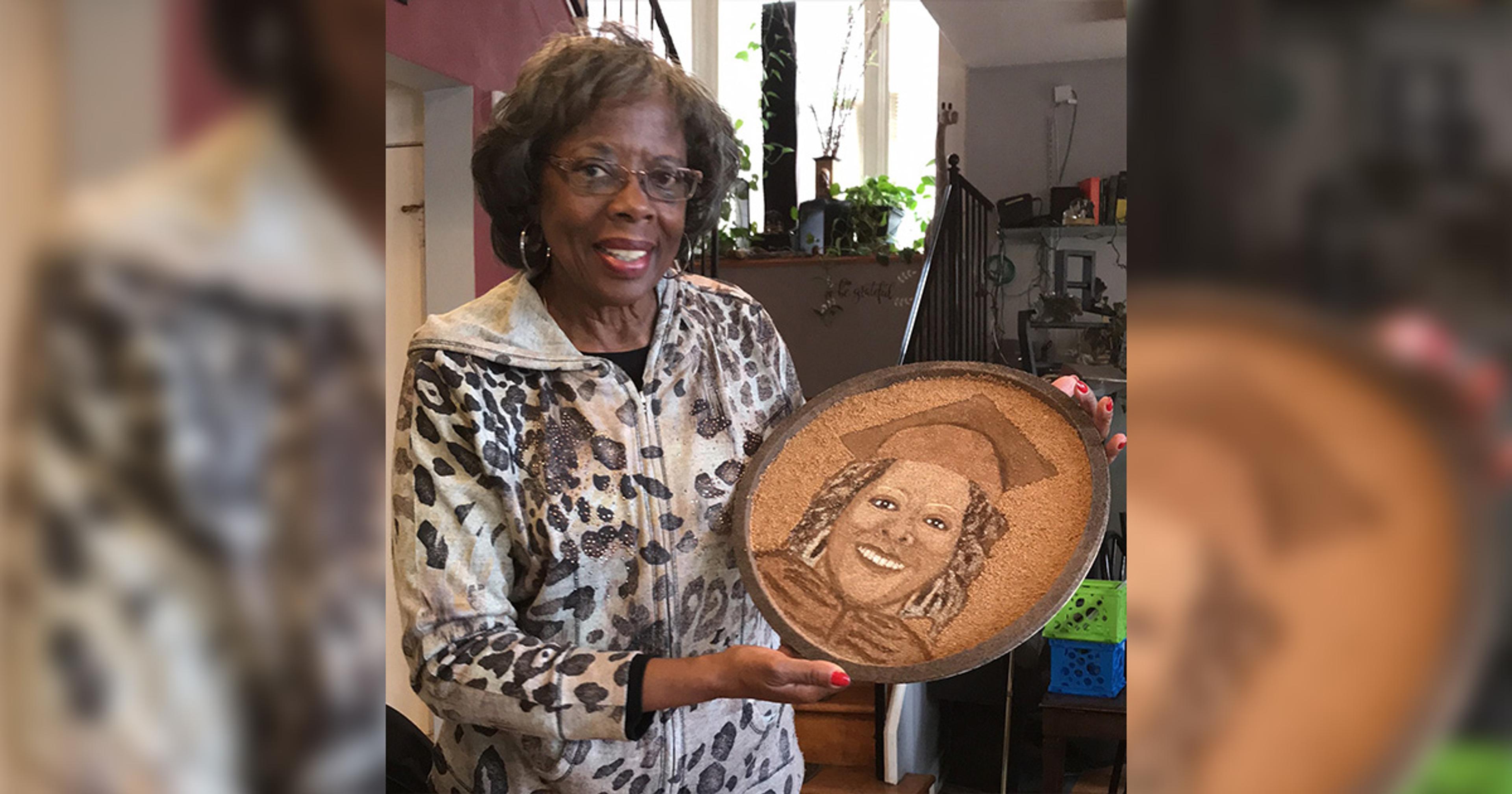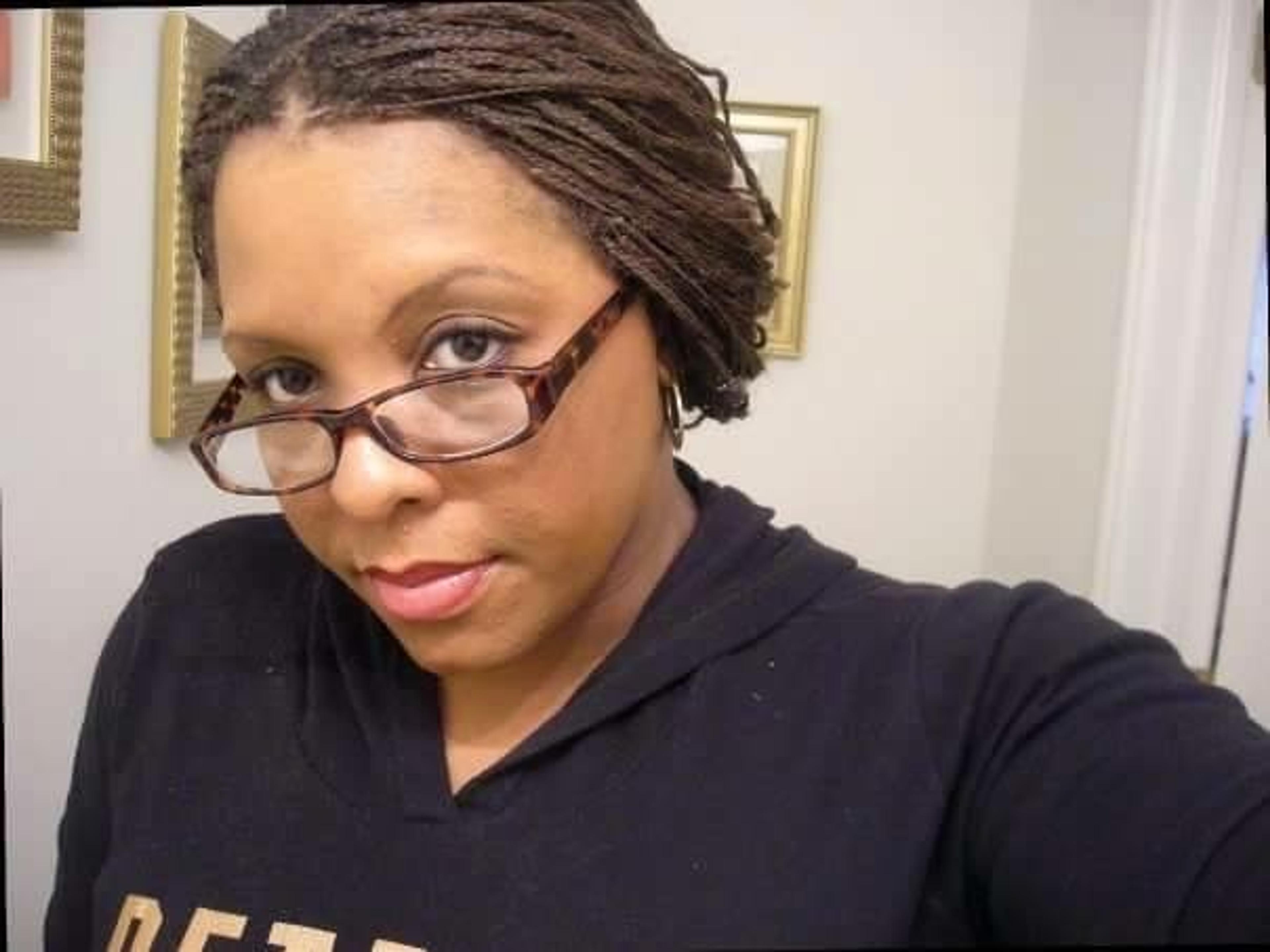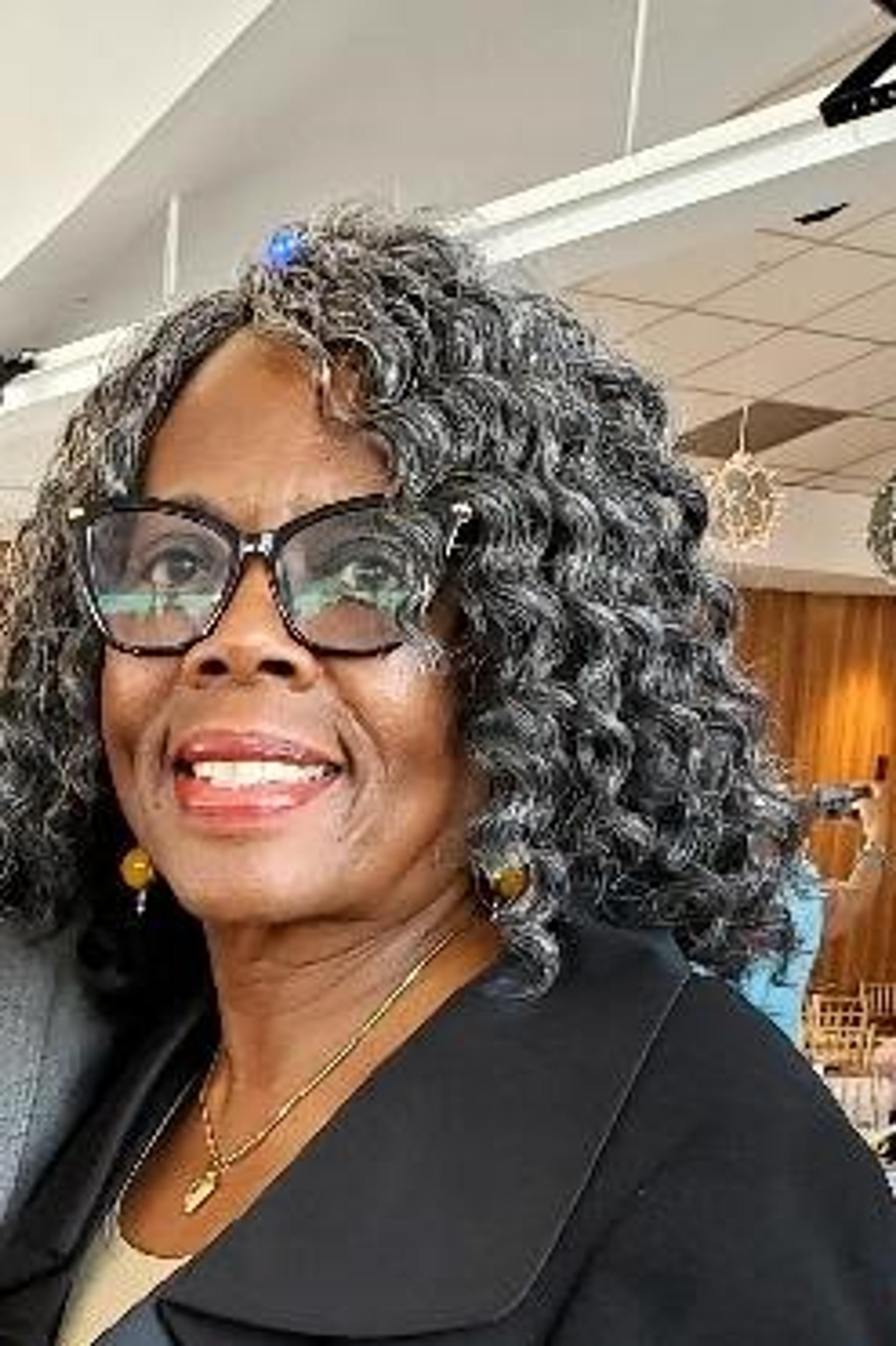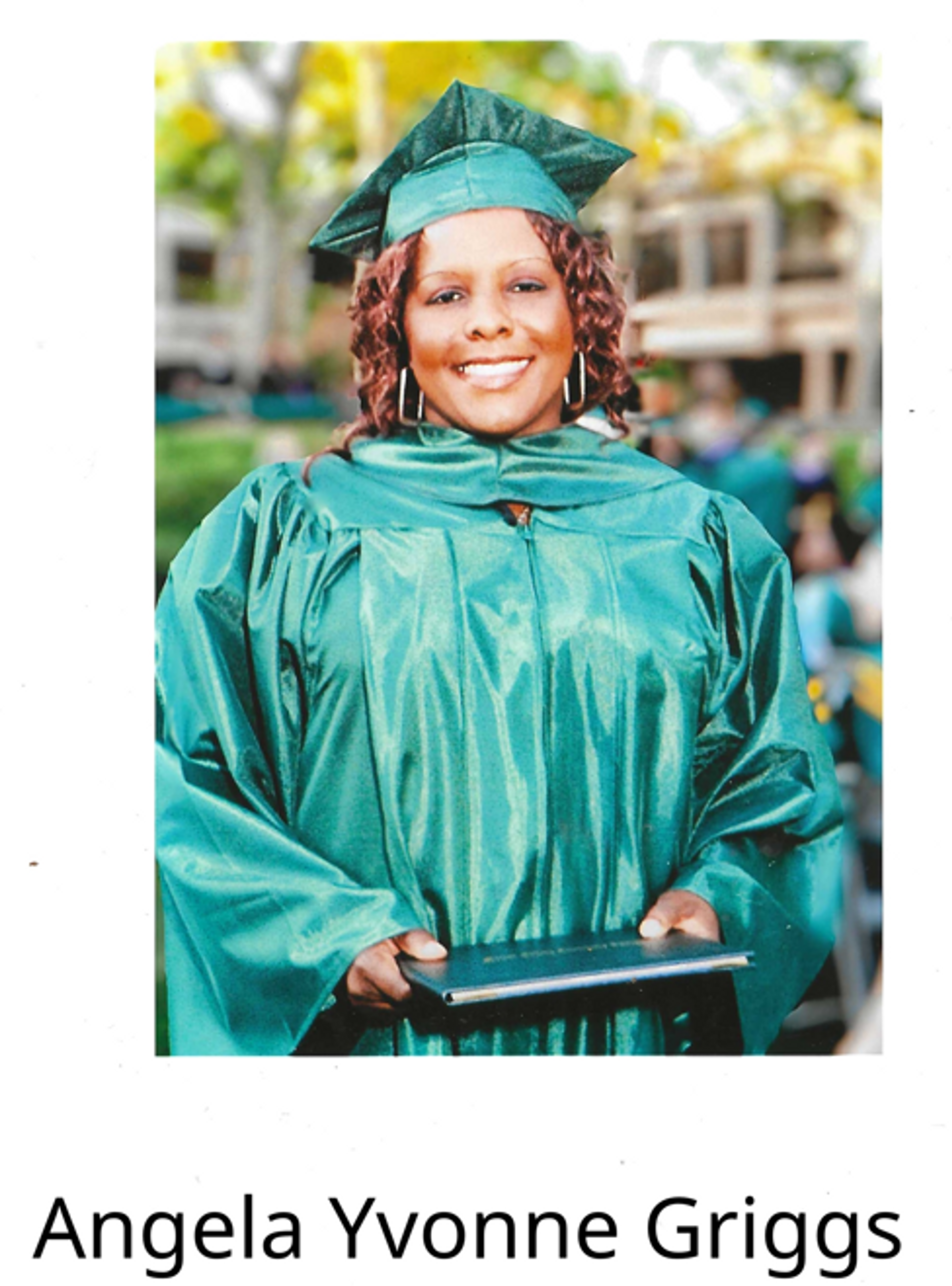‘Keeping Her Alive is What Keeps Me Alive:’ Detroit Woman Shares Her Story to Spread Organ Donation Awareness in Detroit
Jake Newby
| 6 min read

August is National Minority Donor Awareness Month, but a national observance isn’t what motivates Detroit resident Artelia Griggs to advocate for organ and tissue donation.
In 2010, Griggs lost her 38-year-old daughter, Angela, to a severe asthma attack. Days after Angela’s death Artelia learned that Angela was a registered organ donor.
Angela’s skin, bone, corneas, and heart valves helped improve or save the lives of at least 57 people. Angela’s noble decision to be a donor also left an indelible impact on her mother, who has dedicated much of her life to spreading organ donation awareness over the last 13 years.
“Keeping her alive really is what keeps me alive,” said Artelia, during an interview with Blue Cross Blue Shield of Michigan (BCBSM). “I keep her memory alive. I started doing so many things with the entire donation and transplant community to keep her memory alive, and now it’s become a purpose of my life.”

Artelia’s husband died when Angela was just 3 years old. While not ideal, one thing single parenthood did for Artelia and Angela was create an inseparable bond between the two. They became so close that even when Angela moved away from Detroit to pursue a career in nursing, she’d call her mom on the phone as many as 15 times a day on some occasions. They were true best friends for Angela’s entire adult life.
“She probably had one of the most vibrant personalities I’ve ever known,” Artelia said of Angela. “She was the life of the party when there was no party.”
As fun to be around as Angela was, her bubbly personality wasn’t even her hallmark trait. Artelia said her daughter spent her whole life helping people. So it’s fitting that after her untimely death, she continued helping others through organ and tissue donation.
A piece of Artelia will always be missing without Angela, but volunteering with organizations like the Michigan Donor Family Council and the Gift of Life Minority Organ Tissue Transplant Education Program (MOTTEP) gives Artelia the opportunity to relate to other families on similar plights. She can speak with them about the lasting legacies their family members left and the countless lives they touch.
“I started attending meetings in Ann Arbor with the Michigan Donor Family Council and I just stayed very active with them, participating in all of their fundraising and their efforts,” Artelia said. “And mainly, to help other donor families get through this period of grief and recognize what a wonderful thing their loved one has done. And that their memory will live on, and these people will know them. It’s such a great thing.”

Spreading donor awareness in the African American community
One of the many Michigan nonprofits Artelia actively speaks on behalf of is the Gift of Life MOTTEP in Detroit. Remonia Chapman is the program director of the organization, and in over the course of 26 years, her overall mission with Gift of Life MOTTEP has largely remained the same. She strives to engage Detroit communities in the organ donation conversation. In particular, she and others at MOTTEP want to highlight the significance of organ donation among African Americans.
“When we began 25 years ago the donation rate in Detroit’s minority community was 10.8%. And now the donation rate is over 30%,” Chapman said. “And I think that is because we’ve made a commitment to go in and involve and engage communities to talk about issues that people probably just weren’t talking about. People look at us as a trusted organization in the community and we partner with other organizations that people already trust.”
Much of Chapman’s role is dedicated to finding creative ways to spread messaging.
“That’s how we started our annual walk,” she said. “We do movie nights where we have movie nights, where we have people come in and watch a movie and we talk about our connection to community and each other. And then in the summer when people have family reunions, these are other times and opportunities to constantly get that message out.”
The goal during these events is to spark organic conversations about organ and tissue donation. Often, Chapman said, people will engage with someone who has been affected by organ donation in one way or another.
“Unless you ask someone, you probably wouldn’t know a person was a donor family member,” she said.
Though the donation rate among African American Detroiters has jumped by 20% in the past 25 years, there’s still more work to be done. Both Chapman and Griggs acknowledge the role that health disparities and common organ donation myths play in limiting the amount of African American donors, relative to white donors.
“I think the gap is largely because of health disparities, I think access to health care has been a challenge and continues to be a challenge,” Chapman said. “Persons that don’t have health care don’t go to physicians as often … I think there’s still somewhat of a mistrust in health care. And I think organizations like us that talk about that helps dispel some of those myths and answer some of those questions.”
The organ donation advocacy community has grown and grown for years, but in many respects, it’s still a small, tight-knit community. Artelia attests to this by harkening all the way back to 1999, when she met and became fast friends with Chapman, who she thinks may have influenced Angela’s decision to become a donor.

“We are members of the same church, and she was a deacon at the time that I went through deacon training,” Artelia recalled. “Even back then, I became involved with Life Walk. I really believe that is some of the reason why Angela probably was a registered donor, because she had met Remonia also. We had gone out and had laughs and stuff. (Angela) had never told me she signed up, but I really believe having talked with Remonia helped shape her decision.”
For both Chapman and Artelia, the message is simple: keep talking, because you never know how powerful those conversations can be. Opening that dialogue with Angela in 1999 may have eventually led to the life-changing transplants of those 57 people. Whether it’s at home, at work, at places of worship, or at community events, talking spreads awareness, and awareness can lead to more registered donors. After all, talking all these years about Angela’s story – something Artelia never gets sick of – has helped others for more than a decade.
“I am just so thankful that God has allowed me to be used in this way,” Artelia said, “Because I do get comments back from donor families who thank me for my story. And I just feel like, just by telling Angie’s story, I’m assisting someone else who may need a transplant now or in the future.”
Learn more about the donation process and register to become an organ donor on the Gift of Life Michigan website today.
Photo credit: Artelia Griggs
Read more donation stories on MIBlues:





